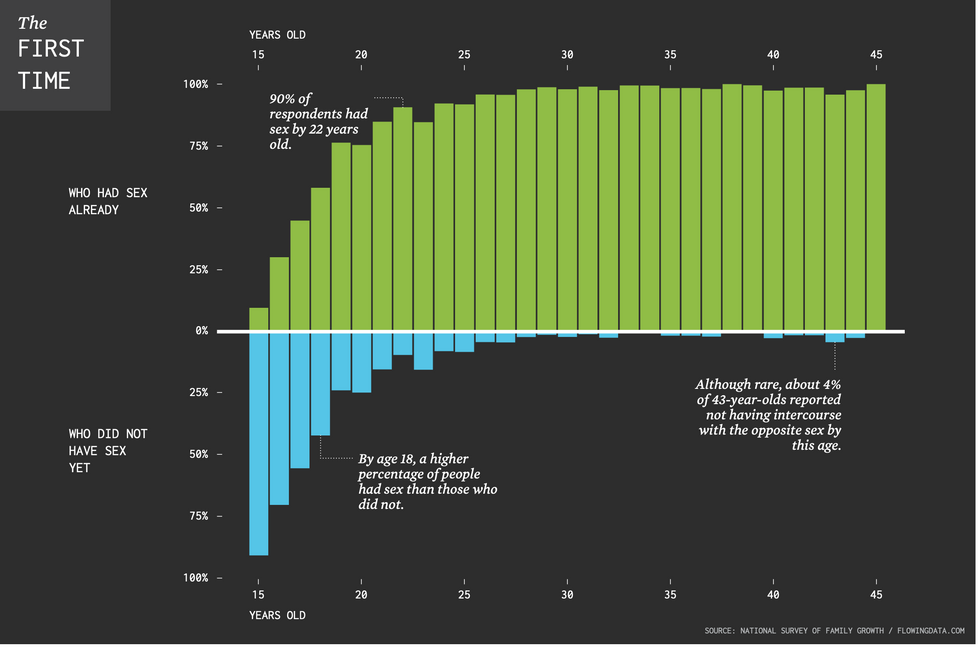Over the past few decades, scientists have studied ADHD to understand how the disorder functions. Some of the main characteristics of this neurological disorder are patterns of inattention, hyperactivity and a sense of impulsiveness. Delving deep into this disorder, a recent study pointed out that ADHD traits were largely beneficial to early hunter-gatherers as they helped them gather more food. This groundbreaking study was led by Led by David Barack a philosopher and neuroscientist at the University of Pennsylvania. The study was conducted with the help of an online berry-picking game to understand the relationship between ADHD traits and foraging strategies, reported The Guardian.
The participants of the online game were tasked with gathering virtual berries within a limited timeframe. The results clearly showed that individuals with ADHD were likely to abandon depleted berry patches more quickly and harvest more berries compared to those individuals who do not exhibit the disorder. After the results were out, one of the main takeaways from the experiment was that certain traits like impulsivity and distractibility played a big role in certain environmental conditions, especially those encountered by early hunter-gatherer clans.

In another experiment, participants were presented with bushes containing virtual berries, with diminishing returns from repeated harvest attempts. Additionally, these participants were made to decide whether they would choose a withered berry bush or find new grown berry bushes, making the process as intensive as the one experienced by the early hunters.
There was a surprising reveal for the scientists after the end of the experiment. It found that nearly half of the participants tested positive for ADHD traits. This is an indication that the number of people with ADHD in the general population might be higher than we currently know.
Lead author of the study David Barack was quick to suggest that these findings will hopefully give people a more positive view of ADHD. "If [these traits] were truly negative, then you would think that over evolutionary time, they would be selected against," he said. Echoing David's opinion, neuroscientist Arjun Ramakrishnan from the Indian Institute of Technology Kanpur, termed ADHD as "a legacy of the hunter-gatherer world." This latest study will look to shed light on how ADHD has been highly beneficial since the inception of early man. Rather than treating it as a disorder, ADHD deserves to be treated as an integral part of the complex human mind which has evolved over time.

















 A symbol for organ donation.Image via
A symbol for organ donation.Image via  A line of people.Image via
A line of people.Image via  "You get a second chance."
"You get a second chance." 


 36 is the magic number.
36 is the magic number. According to one respondendant things "feel more in place".
According to one respondendant things "feel more in place". 
 Some plastic containers.Representational Image Source: Pexels I Photo by Nataliya Vaitkevich
Some plastic containers.Representational Image Source: Pexels I Photo by Nataliya Vaitkevich Man with a plastic container.Representative Image Source: Pexels | Kampus Production
Man with a plastic container.Representative Image Source: Pexels | Kampus Production
 Photo by
Photo by 
 Canva
Canva It's easy to let little things go undone. Canva
It's easy to let little things go undone. Canva
 Teens are waiting longer than at any point in the survey’s history. Canva
Teens are waiting longer than at any point in the survey’s history. Canva Chart on the age of a person’s first time having sex.National Survey of Family Growth/flowing data.com | Chart on the age of a person’s first time having sex.
Chart on the age of a person’s first time having sex.National Survey of Family Growth/flowing data.com | Chart on the age of a person’s first time having sex.